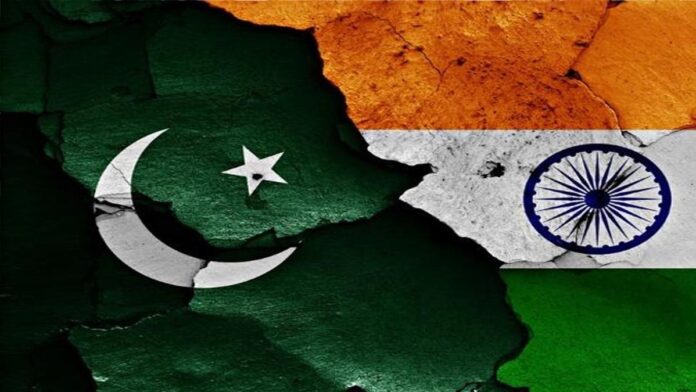ISLAMABAD: With the escalating Russia-Ukraine war, Pakistan is left with fewer import options for liquefied natural gas (LNG) while struggling to maintain 8-10 cargoes a month instead of 14 required for electricity and industrial needs
Pakistan currently imports from Qatar 7-8 cargoes per month of about 100 million cubic feet per day (MMCFD) each and two from traders who have become habitual defaulters. It is, therefore, prudent to consider that traders may continue with their defaults given the tight market conditions, thus leaving Islamabad at the mercy of Qatar.
Under the two long-term contracts with Qatar, state-run entities in Pakistan are importing on a monthly basis six cargoes at 13.37pc of Brent and one to two cargoes at 10.2pc of Brent. These translate into $10.6-11 per million British Thermal Unit (MMBTU) and about $8.2 per MMBTU, respectively.
Read also : Kingdom Valley signs agreement with KPL for ownership of Jammu Janbaz
The recent spot purchase at little over $25 per MMBTU from Qatar gives a fair idea what is about to come where Pakistan was compelled to pay roughly $55 million above its long-term contracts. LNG cargoes from Qatar under term contracts roughly cost $26-30m each against spot purchase at about $80m.
Gas prices in Europe have climbed from $24 to $40 per MMBTU. These prices are for summer demand despite the fact that Europeans have reasonable storages.
Now with the LNG prices hovering around $38-40 per MMBTU in the market, the premium is roughly $100m per cargo. Multiply it with the demand of the additional five to seven cargoes per month to fulfil domestic needs, Pakistan is glaring at a premium of roughly $350-500m per month. As if that is not enough, there is little fiscal space irrespective of the proposed weighted average cost of gas (WACOG) efforts that the Ministry of Energy is trying to introduce to mingle cheaper domestic and expensive imported gas into a common basket price. This may give a new lease of life to highly inefficient gas companies running at 12-18pc system losses at the cost of industry and long-term competition.
With sanctions on Russian Nord Stream pipeline to Germany, there is likelihood in the short term that European consumers would be ready to paying anything to purchase whatever LNG supplies are available in the spot market and secure whatever is possible from long-term suppliers, including Qatar. Russian gas pipeline or not, one thing is clear that Europeans are going to further diversify energy imports instead of their earlier reliance on Russian supplies.
It may be recalled that back in April last year despite clear signals pushing the government to make advance purchase of LNG, it has now become obvious that Pakistan needs to close investments of two LNG terminals for the long term, unless the authorities have the vision to wait for another 10 years for the next investment cycle.
With latest situation on ground if arrangements have not been made for the short term supply, it may be already too late. Any indecision and bureaucratic wrangling in gas infrastructure investments are going to cause a lot of hurt in the long run, said a former official of the Petroleum Division who had been part of the LNG negotiations with Qatar and other long-term LNG suppliers. “This is now in the hands of the political leadership to make swift decisions and get projects over the line,” he said.
Interestingly, those who have followed the Pak-Stream Pipeline proposed to be constructed by Russian firms, the new sanctions are certainly a big roadblock for the joint development between Russians and Pakistanis. No wonder then, Energy Minister Hammad Azhar during recent visit of Prime Minister Imran Khan to Moscow talked about finalising the Shareholders Agreement (SHA) with Russia by end of the year — 10 months to go.
Already delayed for multiple times since 2015, the energy ministry had committed to sign the SHA before the end of July 2021. The talks between the two sides on the SHA could not conclude last month in Islamabad. Interestingly, the energy minister had been announcing repeatedly that a contract with at least one of the prospective LNG terminal operators would be signed in January 2022 which is still not in sight in the near future.

